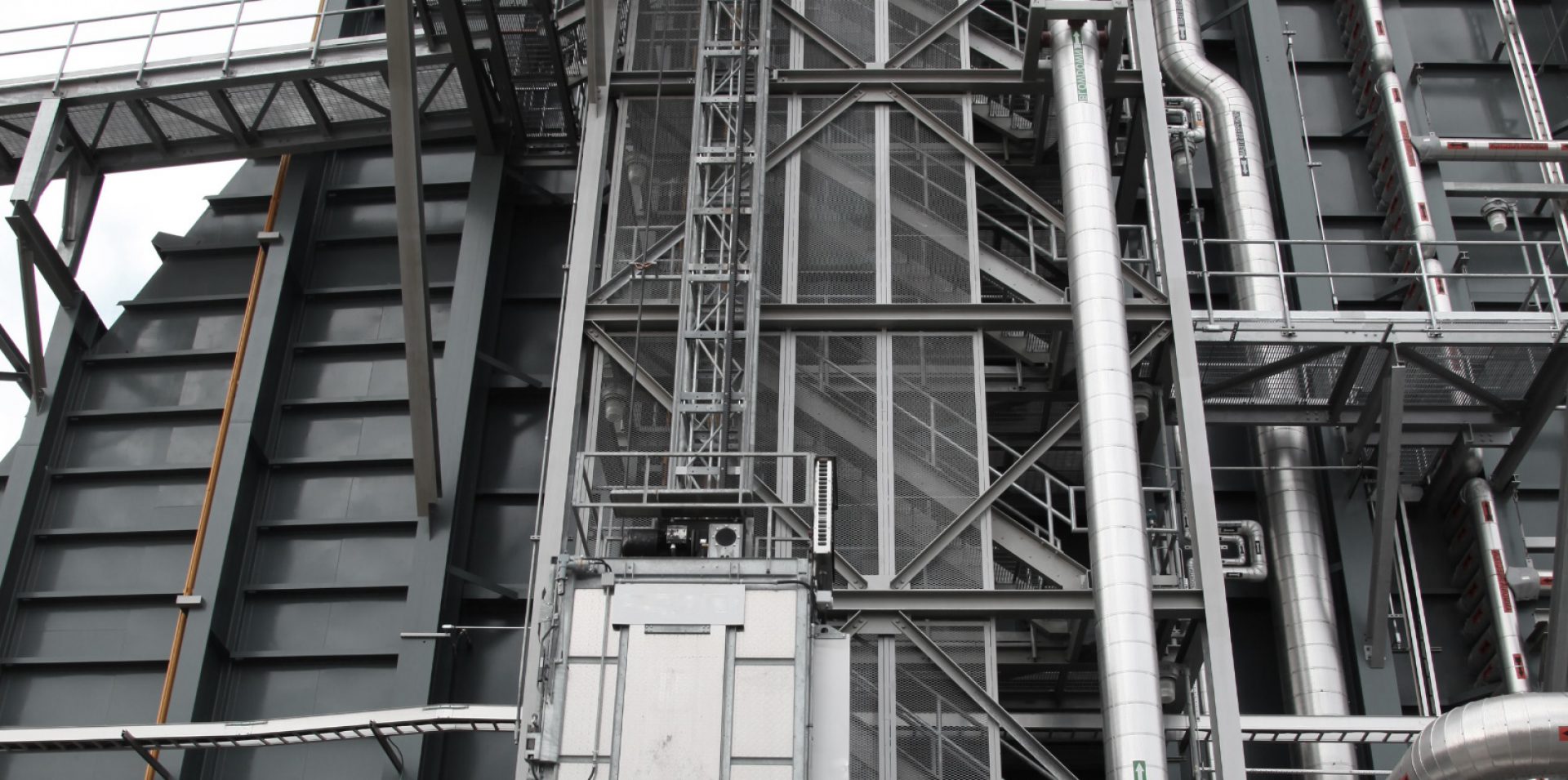Sheet metal workers provide an essential service to industries such as engineering, construction and manufacturing. The main responsibility of a sheet metal worker is to cut metal sheets using tools such as laser cutters in order to create precise detail. They must also use techniques such as welding and riveting in order to join the metal sheets together.
Work activities
As a sheet metal worker, you may work with anything from aluminium fabrication and metal sheeting for road and street signs, to sheet metal fabrication for use in aircraft engineering and manufacture in metal art design. In general, the work of a sheet metal worker involves:
- Assembling metal sheets and sections using techniques such as bolting, riveting and welding
- Marking out sections by following engineering blueprints, designs, drawings and instructions
- Using hand tools and computer numerically controlled machinery such as presses, rollers and laser cutters to shape and cut out sheet metal sections
- Finishing items and using tools such as polishers and grinders to smooth out any rough edges
Working conditions and hours
Most sheet metal worker jobs are around 37 to 40 hours per week, and some jobs involve working shifts and even nights. Most of the time you spend in work will be in a factory designed for sheet metal fabrication or aluminium fabrication purposes anf find them here at Pats Engineering. Conditions in the factory could often be noisy, dirty and hot, and you would be required to wear protective clothing, such as a hard hat, goggles and ear protectors at all times. You may also be required to wear high visibility clothing also in order to be easily detected by any heavy machinery operators.
Education
You may be able to get a job as a sheet metal worker without any formal qualifications, however, it’s usually a good idea to gain some kind of certification if you would like a job as a sheet metal worker with a large or reputable company, or are planning to progress to a supervisory or management position. An engineering apprenticeship is often a good way to start when planning a career in sheet metal work. Many apprenticeships will offer on-the-job training alongside any classes that you will be required to take, which will provide you with the experience and skill required to get a good job. Alternatives to completing an apprenticeship also include college courses, many of which can be done part time or at a night school, making it a handy option if you already have other work commitments that you cannot afford to give up.
